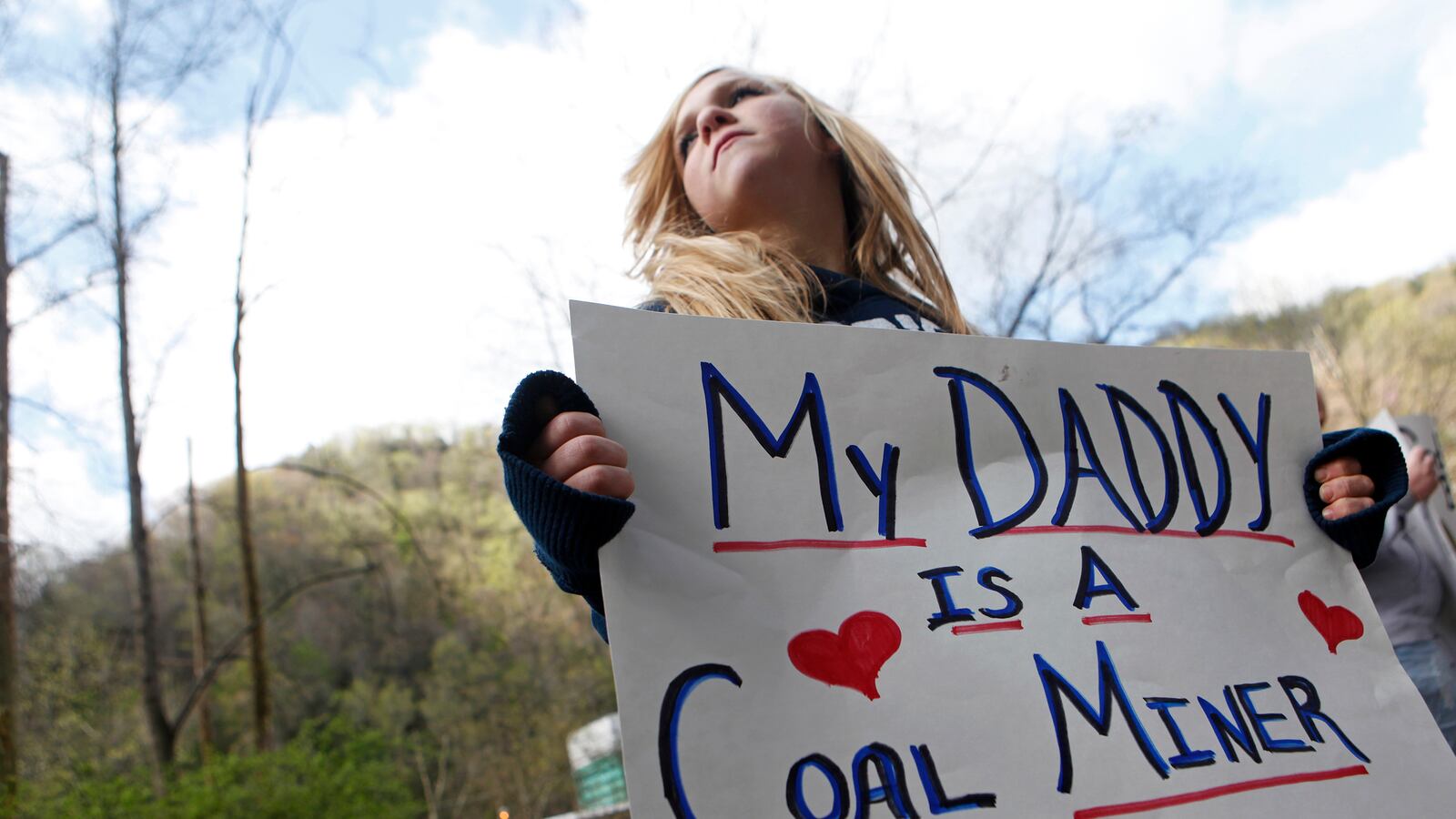There’s a reason President Obama outlined his climate-change proposals on June 25, 2013, and not June 25, 2012, and it has nothing to do with science. It’s called votes.

The president ran for reelection on an “all of the above” energy strategy. “We need an energy strategy … for the 21st century that develops every source of American-made energy,” the president declared on March 15, 2012. That’s when his political team was worried about every vote in states like Virginia, Ohio, and Pennsylvania, as well as trying to raise as much money as possible from business interests dependent on reliable, cheap energy. Those states and those businesses have a vested interest in the energy source right in the bull’s eye of the Obama climate-change plan: coal.
There’s a lot of hyperbolic rhetoric being thrown around on the pro and con sides of the president’s plan, so it’s useful to pause and consider the surprising amount of agreement on both sides.
There’s consensus that the major focus of Obama’s plan was on coal. “Obama’s Climate Change Speech in Just Three Words: Less Coal, Finally” is how The Atlantic put it. There’s also consensus that the new regulations on power plants are intended to reduce the amount of energy produced in the U.S. by coal. The Associated Press reports: “The costs to make these changes are likely so great that utilities would instead generate more power with natural gas, nuclear, wind and solar power, which will become comparatively less expensive and more profitable.” And there’s consensus that the likely result of the plan will be a great reduction or elimination of new coal-fired plants. “Very few, if any, new coal-fired plants will be built,” the AP continued.
Nobody is really arguing the above points. But there is furious disagreement on the benefits versus the cost. There are two basic fault lines of opposition: conservatives across the country who argue that it’s a certain job killer for an uncertain benefit and regional opposition by the states most affected. This is why a strong Obama supporter like West Virginia’s Sen. Jay Rockefeller is hardly rushing to support:
“Any action on climate change,” Rockefeller announced, “is going to have a direct effect on the lives of our mining communities that are already facing great uncertainties, and on the pocketbooks of every one of our middle-class families still dealing with a recovering job market.”
I’ve never lived in coal country, and all of this would be fairly remote and hypothetical to me, as I imagine it is for most people, if I hadn’t had the chance last year to meet a lot of families dependent on the economics of coal. That chance came when working for the Mitt Romney campaign as we traveled through Ohio, Virginia, and Pennsylvania.
These coal-country families are largely union members or union-friendly, and they historically have been more Democratic than Republican. Like most people, the majority of them really don’t pay that much attention to politics on a national scale, and hard ideological arguments of any sort have little interest. Many had voted for Obama in 2008 because of the economy, and some for McCain, mostly drawn to his heroic military record.
Those who were nervous in 2008 now tended to be near panicked, and those who had felt more confident were now at least very nervous. They saw not only their jobs at risk but also their sense of self-worth. “It used to be you could do a dirty, hard job like coal mining and feel good about working hard and feeding your family,” a coal miner from Virginia said to me. “Now it’s like we’re doing some bad for the country.”
That coal miner was a second-generation miner in his late 30s. His father had made enough money to buy a second home—a condo in Florida—and retire at 60. His dad was now 66 and actually looked younger. He said he was proud to “have worked in the energy business, but I think they are trying to kill it.”
To these workers, coal IS the energy business and they are mystified that good, well-paying jobs are being intentionally killed. A coal miner’s wife put it this way: “We going to keep fighting in some crappy desert for more oil, getting our boys killed, while we let coal sit in the ground in the USA?” She worked as a nurse at a regional hospital, a good job that was holding their family together since her husband had been laid off. Her husband was looking for another job while hoping to be called back to the mine but “there aren’t any jobs here,” she said flatly. They were talking about moving to North Dakota, but that was like another world.
Now when I read the coverage of the president’s plan, I can’t help but think of these families. You can be for increasing regulations on coal and no more coal-fired plants or against it, but let’s don’t ignore the reality of what is happening to the thousands of families who are slowly being strangled in the process. Most have little opportunity to reclaim a life of solid, dependable work. Theirs is not an industry that is being squeezed out by foreign competition or international trade but rather by the value judgments of a society and the decisions of politicians far away.
Politicians love to talk about valuing those who worked hard and played by the rules. These are those Americans, and they are dying to work hard if only the rules give them a chance.
Let’s don’t forget them.






